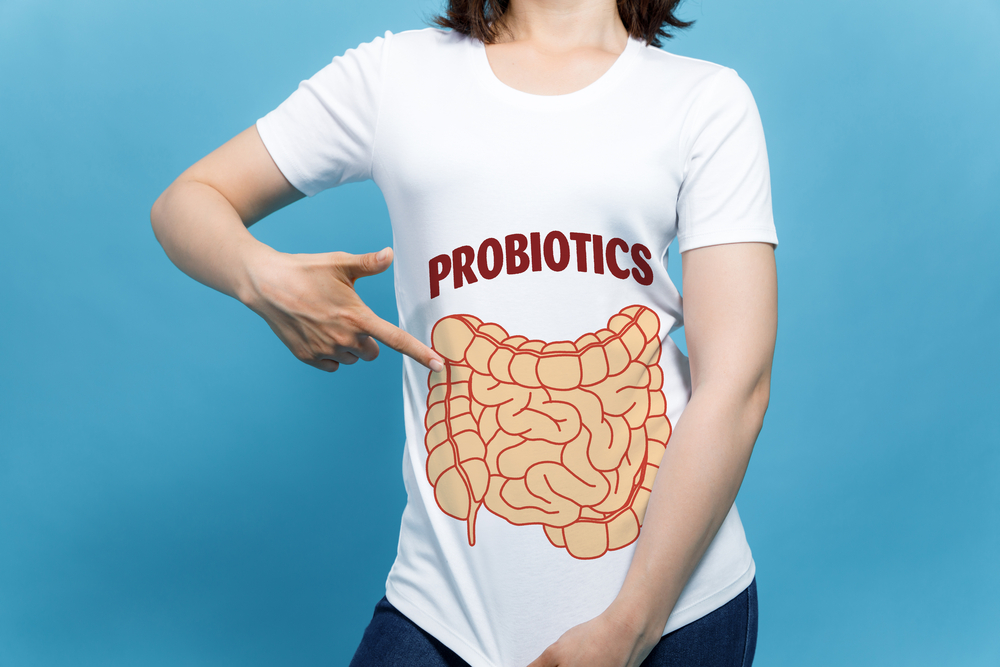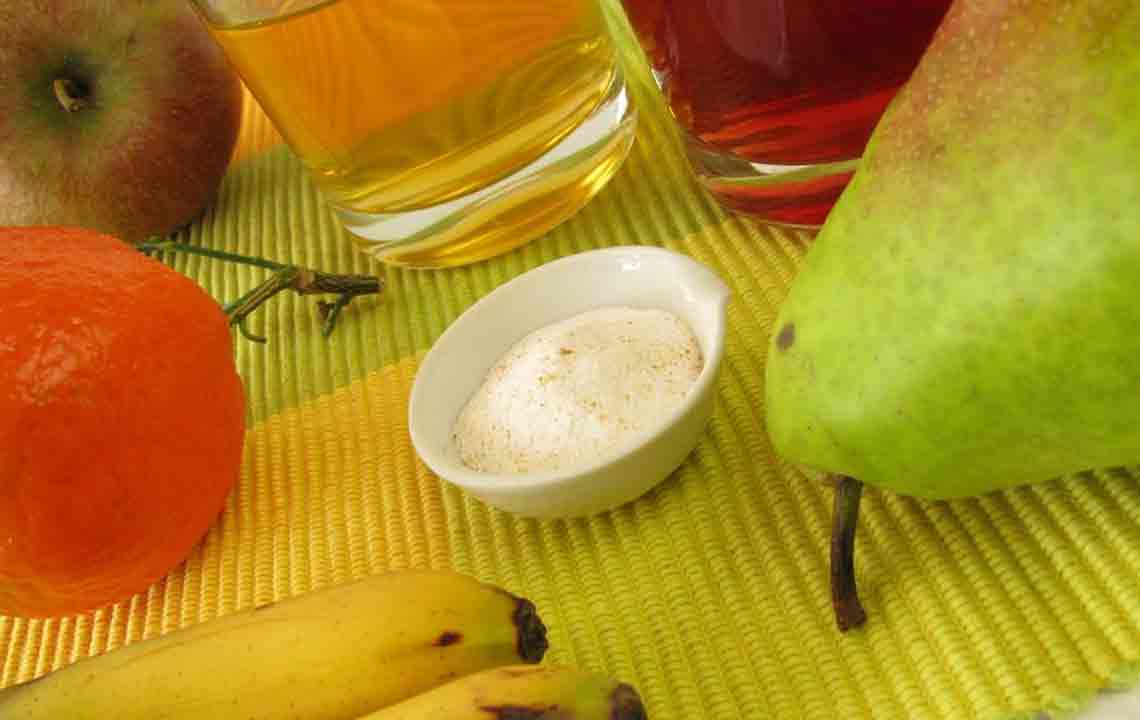Comprehensive Guide to Probiotics: Their Role, Benefits, and Usage for Optimal Health
Discover the comprehensive benefits of probiotics, including their role in improving gut health, boosting immunity, and supporting mental well-being. This in-depth guide explores different probiotic strains, their historical use, and how to safely incorporate them into your daily diet for optimal health outcomes.

Comprehensive Guide to Probiotics: Their Role, Benefits, and Usage for Optimal Health
Understanding the Vital Role of Probiotics in Human Health
Over the years, scientific research has illuminated the vast diversity of bacteria that inhabit our planet, revealing an estimated million or more species. Among these, many are harmless or even beneficial to human health, playing crucial roles in maintaining our well-being. Probiotics, which are live microorganisms that confer health benefits when consumed in adequate amounts, are a focal point in recent health discussions. They are instrumental in supporting a balanced gut microbiome, enhancing digestion, strengthening the immune system, and preventing various health conditions.
Humanity has utilized probiotic-rich foods for millennia. Traditional diets across various cultures incorporated fermented foods like yogurt, sauerkraut, kimchi, and more, emphasizing their health-promoting properties. These foods have historical roots dating back to ancient civilizations, from the Middle East and Asia to Europe and Africa, serving both culinary and medicinal purposes. Modern scientific investigations now confirm what ancient cultures understood intuitively—that consuming beneficial microbes can positively impact health.
Here are some essential facts about probiotics:
The term "probiotic" derives from Greek roots meaning "for life," highlighting its fundamental purpose of promoting vitality and health.
Ancient civilizations such as the Greeks, Hindus, and others promoted fermented foods for health, with mentions found in texts like the Bible and other historical records.
Foods like yogurt and sour milk, rich in Lactobacillus bacteria, have long been valued for their positive effects on gut health.
Historically, especially in hot climates like those in the Middle East and parts of Asia, sour milk and fermented dairy products were used not only as nutritious foods but also for their medicinal properties, particularly in alleviating intestinal ailments. Modern microbiology and nutrition science support the idea that beneficial microbes can outcompete or replace harmful ones within the digestive system. The pioneering work of Russian scientist Elie Metchnikoff has been instrumental in this area, especially his studies on the lifespan of populations consuming fermented dairy products.
Varieties and Types of Probiotics
Numerous beneficial bacterial strains reside naturally in the human gastrointestinal tract, including Lactobacillus rhamnosus, Lactobacillus casei, and Lactobacillus johnsonii.
Other probiotic strains include Bifidobacterium species and beneficial yeasts like Saccharomyces boulardii.
Probiotics are present in a wide range of foods and beverages: yogurt, kefir, sauerkraut, kimchi, tempeh, miso, kombucha, pickles, buttermilk, and some cheeses—all of which contribute to a healthy gut flora.
In addition to food sources, probiotics are available as dietary supplements—capsules, powders, and liquids—that must contain live microbes to provide health benefits.
Health Benefits of Incorporating Probiotics into Your Diet
Probiotics play a crucial role in managing chronic health issues, including digestive disorders and immune deficiencies.
They help reduce gut inflammation and restore pH balance, supporting overall gastrointestinal health.
Specific strains like Bifidobacterium lactis have demonstrated efficacy in alleviating constipation, irritable bowel syndrome (IBS), excessive gas, nausea, and abdominal cramping.
Probiotics are also effective in mitigating antibiotic-associated diarrhea and other infectious enteric diseases.
Emerging research suggests that regular probiotic intake may support weight regulation and metabolic health.
Additionally, probiotics have shown promising results in mental health, helping to reduce symptoms of depression, anxiety, autism spectrum disorders, obsessive-compulsive disorder (OCD), and memory decline.
They contribute positively to cardiovascular health by lowering serum levels of harmful cholesterol and triglycerides.
Probiotics enhance immune function, making the body more resistant to infections.
They are recognized for their anti-aging properties, aiding in skin health and cellular longevity.
Probiotic supplementation can also help prevent periodontal diseases, support blood sugar regulation, and potentially reduce the risk of developing type 2 diabetes.
Ongoing research indicates benefits for reproductive health, lung function, skin vitality, oral health, and the gut-brain axis—highlighting their extensive influence on overall health.
Guidelines for Safe and Effective Use of Probiotics
The U.S. Food and Drug Administration (FDA) does not strictly regulate dietary supplements, including probiotics, but these products are overseen under the Dietary Supplement and Health Education Act. Manufacturers are responsible for quality and safety.
It is advisable to consult healthcare professionals before starting probiotic supplements, especially for individuals with underlying health conditions or compromised immune systems.
When selecting probiotic products, opt for reputable brands with transparent labeling and certified quality controls.
Particularly for pregnant women, elderly individuals, immunocompromised patients, or those undergoing cancer treatments, professional guidance is strongly recommended.
Typically, a daily intake of approximately one billion CFUs (colony-forming units) is sufficient, but the specific strains and dosages should be tailored to individual health needs and doctor recommendations.
In conclusion, probiotics are a vital component of a healthy lifestyle. Their ability to improve digestion, enhance immunity, and support mental and physical health makes them an invaluable addition to daily routines. Whether through natural fermented foods or high-quality supplements, incorporating probiotics can significantly contribute to long-term health and resilience against various ailments.





